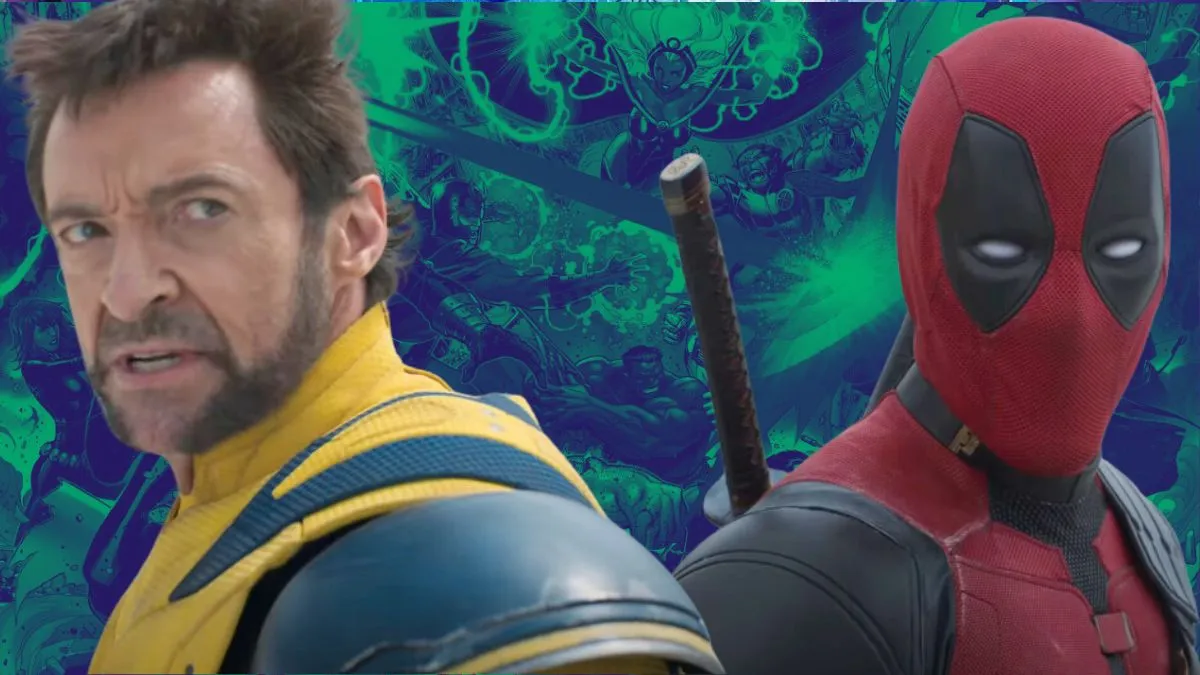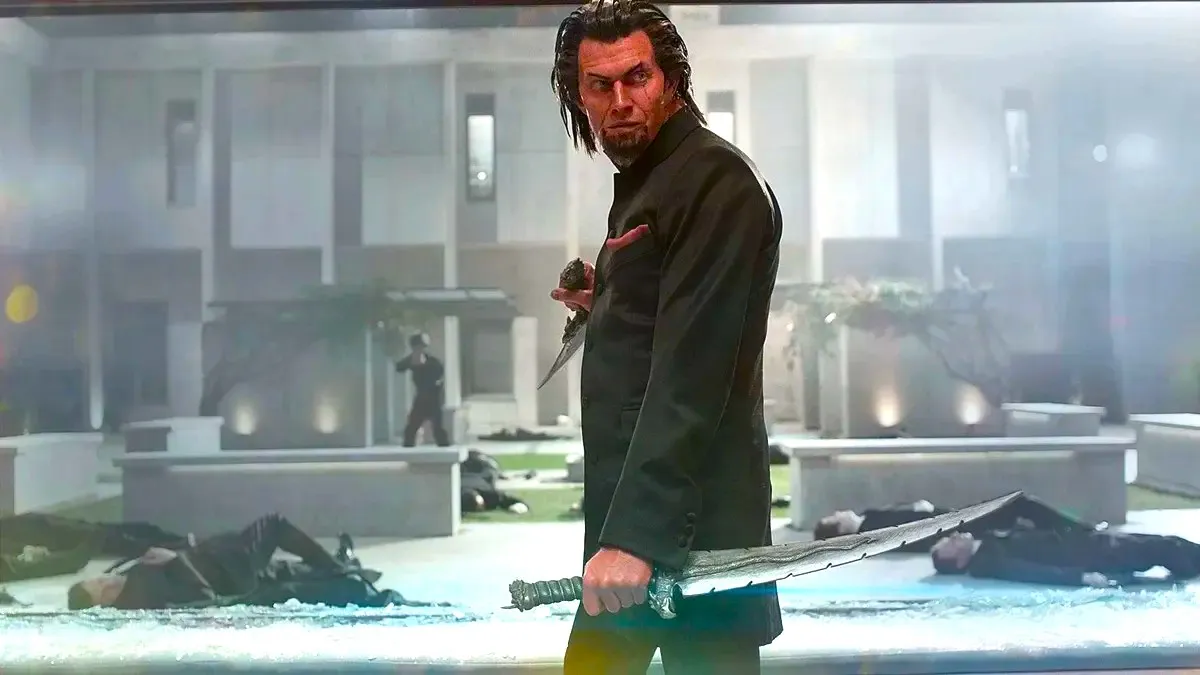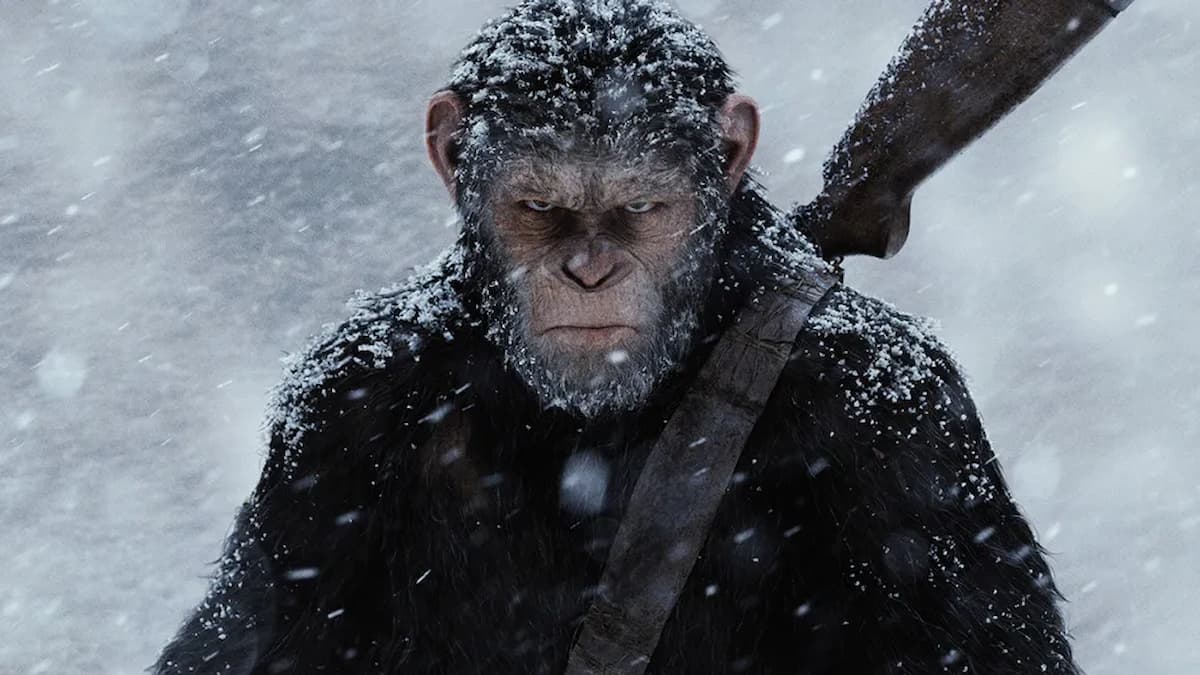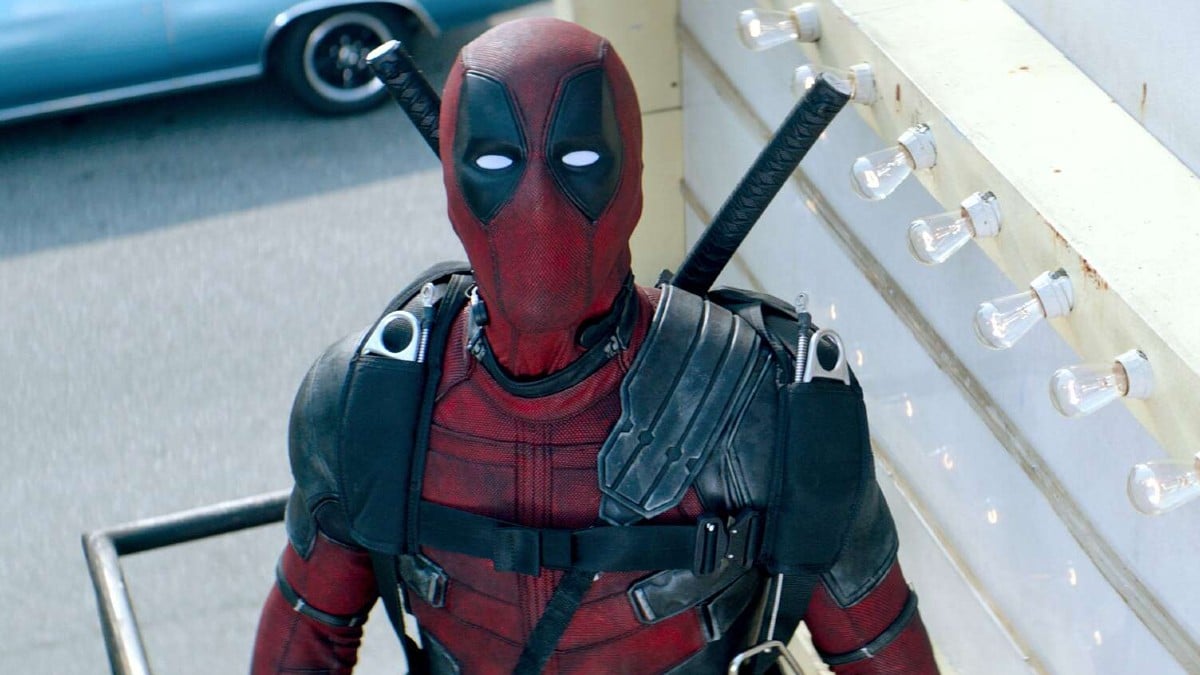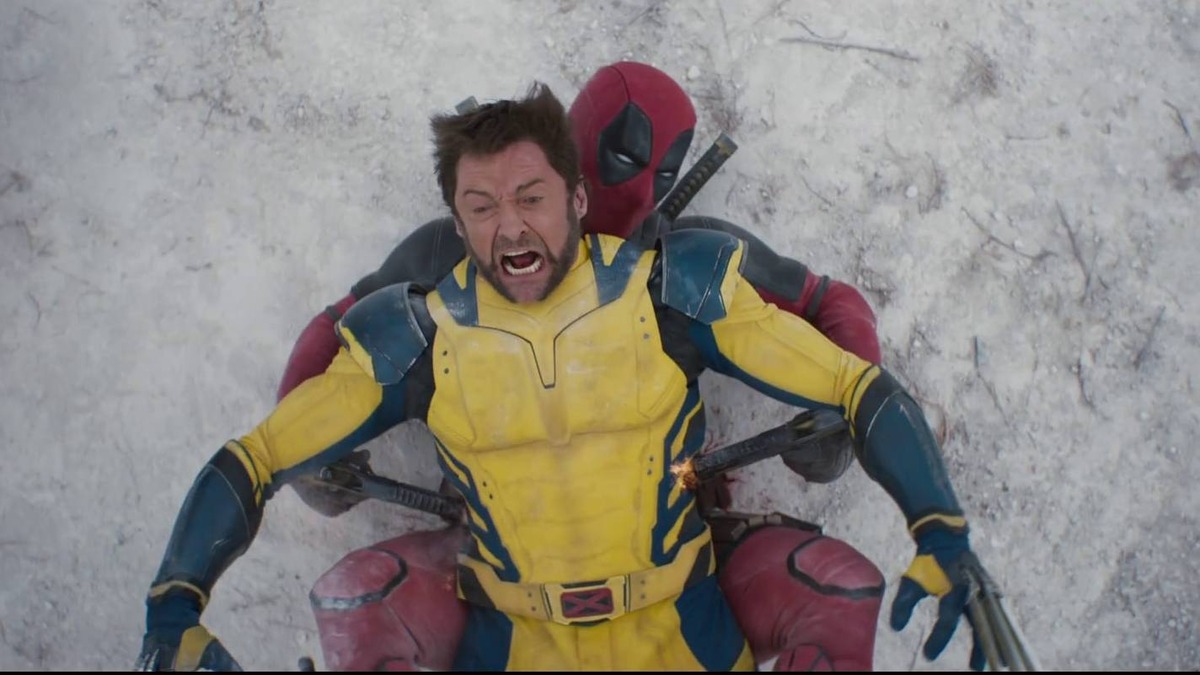
The Good Lie gets its title from a classroom discussion of The Adventures of Huckleberry Finn that takes place halfway through the narrative. Mamere (Arnold Oceng), a twenty-something Sudanese refugee at a Kansas City night school, raises his hand enthusiastically to explain the concept. A “good lie” is told with good intentions, such as when Huck fibs to protect Jim, so that the latter will not be sold back into slavery. Mamere knows all about good lies: many years earlier, during an 800-mile walk from war-ravaged South Sudan to a refugee camp in Kenya, his older brother, Theo, told a good lie. Theo stood up to a pair of soldiers approaching Mamere and his pals, and gave himself up, explaining that there was nobody else with him.
As a result of that “good lie,” the South Sudan orphans could evade capture and continue their walk. It is powerful, poignant moments like those that comprise the first third of The Good Lie, which introduces us to these Lost Boys of Sudan, fending for themselves after a religious civil war between Muslims (from the north) and Christians (in the south) leaves them homeless.
Those wondering where Reese Witherspoon’s unblemished face comes into play, given its prominent placement on The Good Lie’s poster and in the trailer, may be surprised to learn that she does not appear until nearly 40 minutes in. She plays Carrie, an employment agency worker assigned to give three of these Lost Boys – Mamere, Jeremiah (Ger Duany) and Paul (Emmanuel Jal) – low-entry jobs. In fact, one could say that Warner Bros.’ marketing department played a good lie on moviegoers, manipulating them to think they were coming to see a star vehicle when The Good Lie is actually a compelling chronicle of the immigrant experience – something that does not sell as many tickets.
The film comes from Québécois director Philippe Falardeau, his first drama since the superb Monsieur Lazhar earned an Oscar nomination for foreign film in 2012. Like his previous effort, this is a sympathetic look at the immigrant experience, although The Good Lie is not as sharp or surprising as Lazhar. Falardeau is not as much a visual stylist as he is an astounding director of actors, yet his understated sensibilities are refreshing.
A hammier production could have colored in the Lost Boys’ treacherous walk early in the film with an overbearing score and big emotional beats. Instead, Falardeau allows us to merely observe their various struggles under the blazing African sun (for instance, fending off leopards to capture a gazelle and later drinking their own urine when water is scarce). In one unsettling scene, the children try to cross a brown river littered with dead bodies. Characters die, but they move forward without looking back. There is little romance or overwrought emotion in the first two reels of The Good Lie, and that works to remind us of their past travails when they eventually reach a safe haven.

The drama struggles to keep its rhythm though, when Mamere, Paul, Jeremiah and sister Abital (Kuoth Wiel) arrive in New York in the spring of 2001. There, they meet Carrie and her ex, Jack (Corey Stoll), who try to help their guests land work. Despite working as an employment counselor for immigrants, Carrie is stunned to hear the Lost Boys ask her about where her village is or how a phone works. Here, The Good Lie awkwardly shifts from an account of the refugees’ arrival in an alien land to a light comedy of culture clashes.
The script from Margaret Nagle (Red Band Society) flips from focusing on Mamere, Jermiah and Paul to Carrie. Although the latter is still a periphery character, her reaction to their various questions and curiosities still accentuates their status as foreigners. They eat McDonald’s and laugh hysterically at jokes like, “Why did the chicken cross the road?” When they go to a job interview, the Lost Boys put on plastic smiles. These segments, meant for laughs, feel false and somewhat disrespectful, turning a serious ordeal of finding work and adapting to a new land into tired comedy bits.
Despite the uneven plotting once the refugees arrive in the United States, Falardeau and Nagle nail the nuances of their alienating experience abroad. When Mamere and Jeremiah take up a post as grocers, they are horrified to see that expired food is thrown away. After all, this food looks fine to eat, especially from the perspective of two men who, years earlier, wandered nearly 1,000 miles in a state of almost perpetually ravenous hunger.
The Good Lie is at its most powerful when it absorbs us in the predicaments that many African refugees face when dropped in a new country. They each share a birthday of January 1, they have to raise enough money to pay back the cost of the plane ticket that picked them up from Africa, and they have little control if there is no room for a friend or sibling to join them. They also only have a few months to find a job.
Unfortunately, the film sometimes fails to tell a fiction with an honorable intention, as its title suggests, especially in moments when the perspective shifts away from the Sudanese refugees. After such a harsh opening third, The Good Lie cannot help but squeak awkwardly when it shifts gears to a story of clumsy cultural understanding later on. Nevertheless, bruising, brilliant turns from its native African stars elevates the drama, letting the film become an intensely personal story of survival and resilience.


